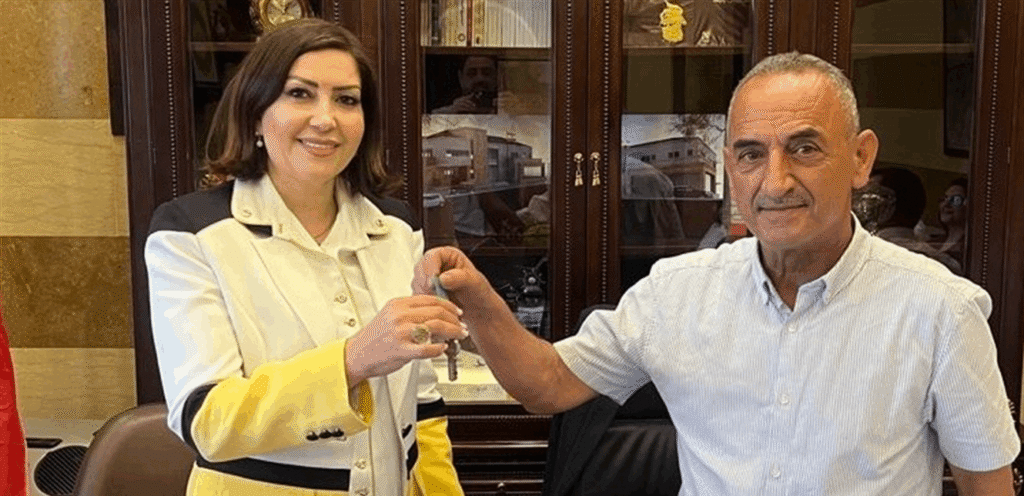Today’s dollar price in Syria: The decline continues!
January 10, 2025
Today, the price of the dollar in Syria witnessed a slight decline, ranging between 100 and 200 liras on the black market, with prices varying between different cities.
In Damascus and Aleppo, the price of the US dollar stabilized at 11,000 liras for purchase and 11,200 liras for sale.
As for Idlib, the price reached 11,000 liras for purchase and 11,300 liras for sale, while in the eastern region (Al-Hasakah) it recorded 10,800 liras for purchase and 11,000 liras for sale.
As for other foreign currencies, the euro exchange rate on the black market reached 11,336 liras for purchase and 11,547 liras for sale. The Turkish lira recorded 309 liras for purchase and 317 liras for sale.
On the other hand, the Central Bank of Syria set the official exchange rate for the dollar at 13,000 liras for purchase and 13,130 liras for sale, with the average price recorded at 13,065 liras to the dollar.
Regarding the euro, its official price reached 13,399.10 liras for purchase and 13,533.08 liras for sale. As for the Turkish lira, it was set at 367.53 liras for purchase and 371.20 liras for sale.
The Syrian Minister of Finance, Muhammad Abazid, announced a plan to increase the salaries of many public sector employees by 400%, starting next month, after completing the administrative restructuring of the ministries with the aim of enhancing efficiency and accountability.
Abazid explained that the cost of this increase is estimated at about 1.65 trillion Syrian pounds (equivalent to 127 million dollars), and will be financed from multiple sources, including the current state treasury, regional aid, and new investments, in addition to efforts to restore Syrian assets frozen abroad.
In a related context, activists circulated a document that included allowing the transfer of $20 million from the Syrian Central Bank during the era of the previous regime to a bank in Russia via Syrian air, which sparked widespread controversy about the fate of Syrian funds abroad, especially in light of government efforts aimed at recovering assets. Frozen to boost the local economy.
Sellers in Damascus markets confirmed that the entry of foreign goods and the improvement in the exchange rate of the lira, in addition to the end of royalties, contributed to the decline in the prices of most goods by a rate ranging between 20% and 50%. However, economic experts warned that a large increase in salaries at once could lead to inflationary effects, as it would increase liquidity in the market, raising prices and negatively affecting the value of the Syrian pound.
Experts indicated that the gradual increase in salaries would have contributed to reducing these effects, pointing out that private sector salaries would rise automatically with the increase in public sector salaries, which may add pressure on the market.









